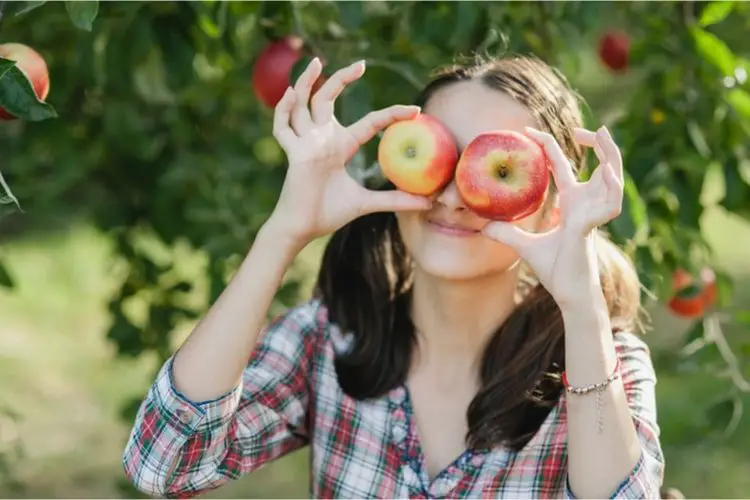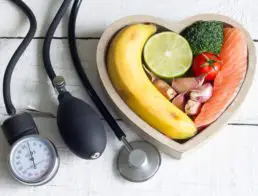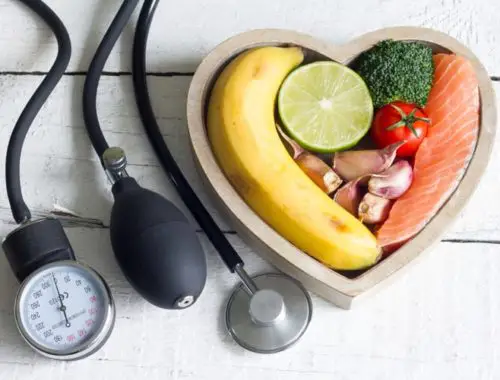Adolescence is a time when kids transition into more adult-like responsibilities, even with food. Here are some unique challenges and considerations for teens:
- Nutrition may plummet when eating with friends. They may have to make their own decisions on what to eat. Oftentimes they choose high-calorie, low-nutrition foods that are cheap and/or to mimic what friends choose.
- Body image may directly affect how they eat. Teens may develop body image issues or start modifying their food intake just like their friends. (More on warning signs at the bottom of this article).
- Nutritional needs differ from childhood. Some teens burn so many calories, even when doing nothing! Other teens may experience unintentional weight gain. Each teen has unique nutritional needs. If you need help navigating this, talk to a Registered Dietitian.
- Busy schedules change how they do meals. Being involved in hobbies and school activities are great, but a packed schedule may mean that your teen is grabbing a quick bite or eating on the go.
- It’s time they learn how to “adult” in the kitchen. In just a few short years (*sniffle, sniffle*) your teen may be out in the world on their own. Now’s a great time to teach them simple (and perhaps more complex) cooking techniques. Consider even teaching them how to budget for food and how to shop healthy in a grocery store.
The way your teen learns how to behave with food will determine how they deal with food throughout their entire lifetime. So, it’s a good idea to teach your teen about healthy eating and healthy food relationships.
10 Best Foods for Teenagers
There are way more than 10 healthy foods that your teenager should be eating, but here are our top picks! (We kept them lacto-ovo vegetarian so that most teens can use this list.)
1. Eggs
Growing teens need adequate protein, and eggs contain lots of useable protein (AKA high biological value). This means that your teen can utilize almost all the protein they consume from an egg.
Scrambled eggs are great, but you may not have time every morning to prep such a breakfast. Keep hardboiled eggs on hand for a quick snack and/or add it to their lunch box.
2. Fortified Cereal
Is cereal a staple in your home? Cereal products are a good way to get important vitamins and minerals. However, try to eliminate sugary cereals as a common item in your house.
Look for whole grain cereals that are low in sugar and added sugars. I like Ezekiel cereal since it’s made with whole grains, has lots of fiber and minimal sugar.
If your child is vegan (or otherwise does not eat meat, eggs or dairy), look for a cereal that is fortified with B12 (1).
3. Cow’s Milk or Fortified Soy Milk
Diet and lifestyle during childhood, adolescence and early adult years determine the state of their bone health later in life. Give them a leg-up by supplying them with nutritious, calcium-rich milk or milk alternative.
Cow’s milk and soy milk are the best options since they have calcium and a boost of protein. Protein keeps teens full and aids in growth and repair.
4. Avocado
Great for active teens who need to gain weight or who have trouble keeping weight on. Avocados contain healthy fats (especially monounsaturated fats) and a few hundred calories each.
If it seems your teen is just always hungry, give them a meal or snack with avocado for long-lasting satiety. Instead of letting your teen eat potato chips, have them snack on some calorie-rich (but heart healthy) guacamole. All you need is avocado, lime juice, tomato and onion for a guilt-free dip.
5. Oranges
Oranges (and other fresh fruit) should be consumed daily. Not only are they full of fiber, vitamins, minerals and water, but oranges are high in vitamin C. Vitamin C is a nutrient and antioxidant, but it also aids in iron absorption (2).
Teen girls are often at risk of low iron due to menses and low intake of iron-rich food. Whenever they take a multivitamin or eat iron-rich food (i.e. meat, greens, beans), give them something with vitamin C to help them absorb more iron.
6. Beans
Beans provide plant-based nutrition, fiber and iron. All teens should consume plant-based foods, but beans can help vegan and vegetarian teens who lack animal-based foods in their diet. (Psst! Plus, they’re pretty cheap.)
7. Dark Leafy Greens
Forget the lettuce salad! Dark green leafies like kale and spinach pack in way more nutrition than your standard lettuce side salad. If your teen is not a salad eater, green leafies can also be “hidden” in smoothies, omelets and hot meals.
8. Mushrooms
Make sure your teen gets enough vitamin D, especially if they’re vegan. Mushrooms are one of the only plant-based sources of vitamin D. They’re also a great way to add heartiness to a meal and are full of other great nutrition (3).
9. Nuts & Seeds
Nuts and seeds carry a large amount of calories in a small portion. They’re great for when your teen needs the calories and/or to hold off hunger. Get a variety of nuts and seeds because each type has its own profile of vitamins and minerals. Use nuts and seeds for snacks and garnishes. I love Planter’s Deluxe Mixed Nuts because you can get a complex profile of micronutrients.
10. Whole grains
Whole grains are an umbrella term to include whole grain bread, whole grain pasta, brown rice, quinoa, farro and other ancient grains. Try this Inca Red Quinoa by Ancient Harvest and add it to stuffed peppers, chicken dinners, warm salads or even power bowls.
Whole grains contain carbohydrates for energy, fiber for bowel regularity and micronutrients. Whole grains are a great way to fill them up nutritiously.
Final Note: Your Teen’s Behavior with Food
It’s in adolescence when body image, independent food choices and poor food relationships may occur. There’s a wide spectrum of potential food-related issues any teen may be at risk for:
- Emotional eating
- Boredom eating
- Food restriction
- Avoiding or cutting out entire food groups
- Bingeing and purging
- Food or weight obsession
- “Clean eating” obsession
- Dieting
- Protein obsession
These may be indicative of disordered eating patterns or eating disorders. If you notice your teen starting to show these behaviors (or less obvious ones like hurrying to the bathroom right after mealtime or tooth erosion), contact a healthcare professional.
Teens exhibiting disordered eating can get help from behavior health professionals and Registered Dietitians who specialized in this population.









